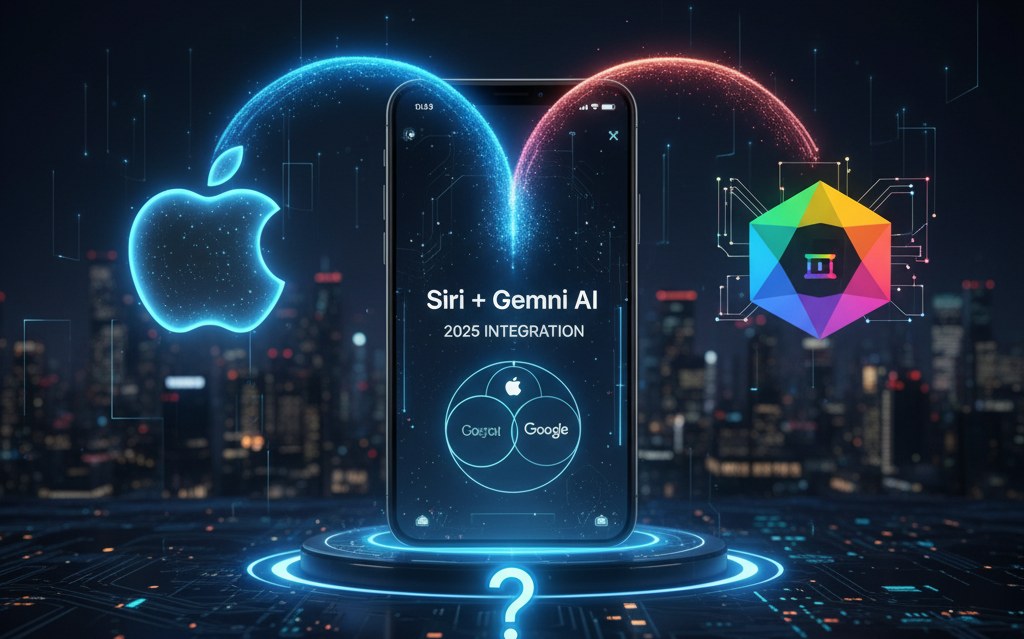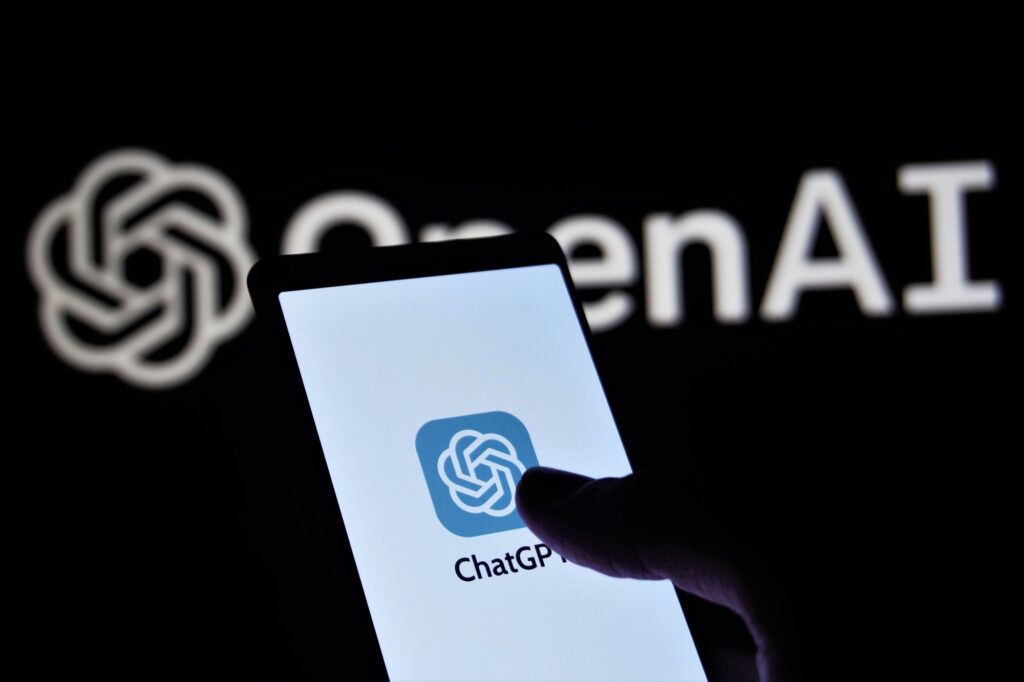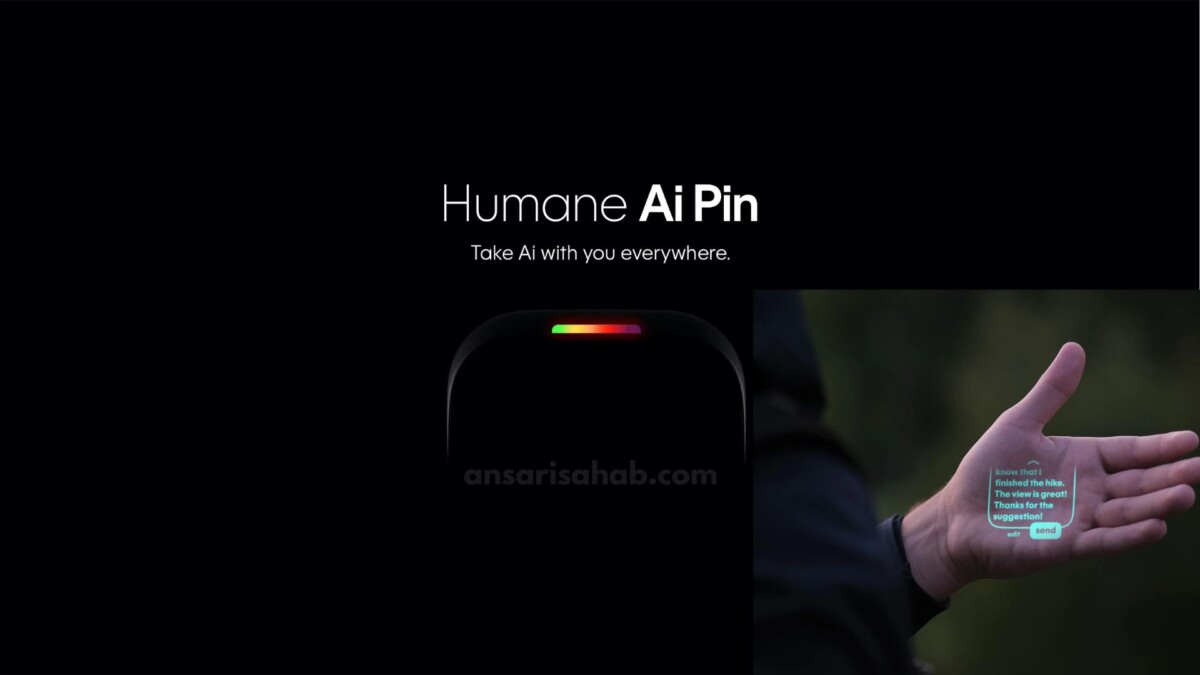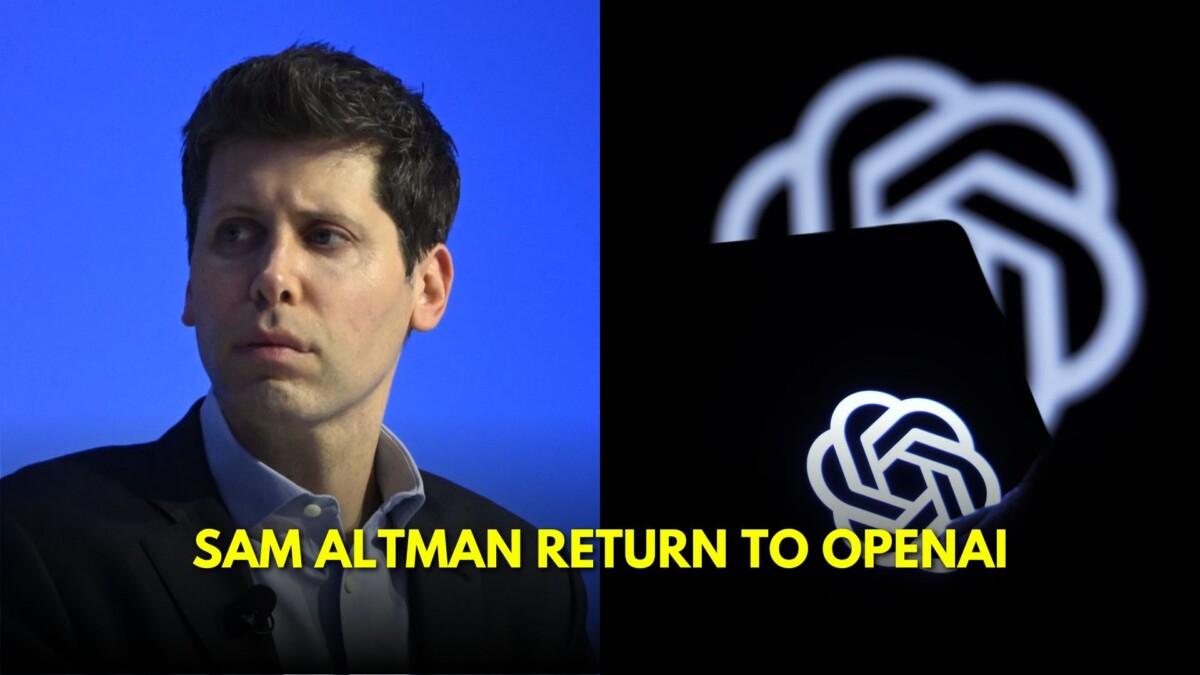Apple is reportedly finalizing a deal to use a custom version of Google’s Gemini artificial-intelligence model to power a major overhaul of Siri, a move that would see Apple pay roughly $1 billion a year for access to an ultra-large model said to contain about 1.2 trillion parameters. The arrangement, described by people familiar with the talks, would be a temporary bridge while Apple continues to develop its own AI systems.
What the reported deal would do
Under the reported terms, Google would build a tailored Gemini model to handle advanced tasks such as summarization, multi-step planning and other complex language functions; Apple would run that bespoke model inside its own “Private Cloud Compute” infrastructure rather than simply calling Google’s public cloud. The goal is to give Siri more capable, context-aware responses without handing raw user data to a rival.
Background: why Apple is seeking an outside model
Siri has long lagged competing assistants on multi-step reasoning and natural-language summarization. Apple’s internal AI work—branded broadly as Apple Intelligence—has progressed, but executives and engineers have faced pressure to accelerate feature rollouts amid gains by Google, Amazon and specialist AI vendors. Reports say Apple evaluated other suppliers, including OpenAI and Anthropic, before settling on a Gemini-based approach. The talks are the latest sign that even the largest tech firms may license external models while they build their own.
What sources are reporting
Bloomberg’s reporting — the most detailed account to date — described a near-final agreement and the approximate $1 billion annual price tag, and said the Gemini variant in question would be far larger than Apple’s current models. Reuters independently reported that Apple is planning to use Google’s model to run a redesigned Siri, citing people familiar with the matter. Neither company has confirmed the deal publicly.
How it would work technically and on devices
According to reporting, Apple’s architecture would split responsibilities between models: Apple’s on-device and in-house systems would continue to manage personal context, private data and device integrations, while the Gemini-based component would carry heavier language and planning workloads running on Apple’s cloud nodes. Apple’s insistence on operating the custom Gemini model on its own servers is positioned as a privacy control, limiting Google’s access to individualized Apple user data.
Expert and industry reaction
Analysts said the move would be pragmatic: licensing a proven, highly capable model shortens the time to deliver perceivable improvements to millions of users, while preserving Apple’s multi-year goal of building comparable models in house. Critics, however, flagged risks including integration complexity, brand perception (Siri’s reputation has slipped) and potential regulatory attention over cross-company AI deals. The reported price — if accurate — also underscores how costly large-scale AI remains, even for well-capitalized firms. (Bloomberg; Reuters).
What this means for users
For iPhone and Mac users, the change could mean fewer brittle, search-style responses and more helpful conversational outcomes: clearer summaries of articles, more reliable execution of multi-step requests, and better context retention across queries. Apple reportedly plans the revamp for a spring 2026 rollout window, though dates could shift as Apple integrates the custom model and completes quality and privacy testing.
Broader implications
A formal Apple–Google AI collaboration would be notable because the companies compete across mobile platforms, advertising and services. For Google, supplying Gemini commercially would show how its AI investments can become a revenue stream beyond Google’s own products. For Apple, the move would reflect an operational shift: accepting that a hybrid approach—licensed cutting-edge models plus internal systems and privacy controls—may be the fastest route to delivering advanced assistant capabilities. Regulators watching AI, platform competition and data flows may scrutinize how the technology is deployed and disclosed.
What remains uncertain
Key elements remain unconfirmed: the final contract terms, the exact technical separation between Gemini-powered functions and Apple’s own models, and how Apple will explain the arrangement to users concerned about privacy and third-party involvement. Apple has said little publicly beyond general statements about investing in AI; Google also declined comment in earlier reports. If the deal collapses or is altered, Apple may pursue other suppliers or accelerate internal development—paths the company has previously weighed.
Conclusion
Reports that Apple is partnering with Google on AI — paying for a custom Gemini model to lift Siri’s capabilities — mark a pragmatic but delicate step in the race to build useful, trustworthy assistants. If confirmed and executed well, the arrangement could substantially improve daily voice and text interactions for Apple users. If mishandled, it risks raising privacy questions and further denting Siri’s credibility. Either way, the episode highlights a new industry reality: large tech companies increasingly mix internal engineering with strategic licensing to keep pace with the rapid advance of generative AI.









